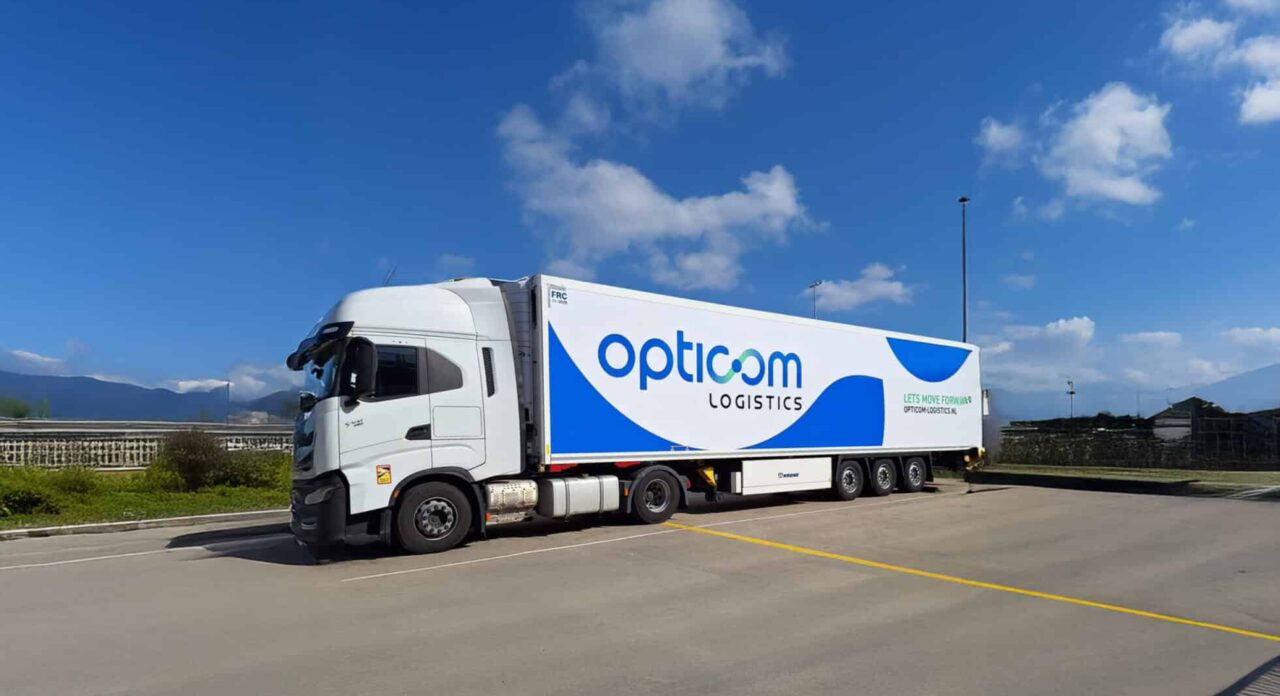Saving time and scaling smarter with Intelligent Document Processing
Opticom, a fast-growing logistics provider in the Netherlands, partnered with Rappit to automate manual processes and lay the foundation for long-term scalability by implementing intelligent document processing. Starting with Rappit Undoc, Opticom digitised invoice handling, pallet exchange, and document processing, resulting in faster workflows and a better experience for both teams and carriers. And this is just the beginning: work is already underway on the next generation of transportation management software.

Their challenges
Opticom’s mission is clear: to grow fast, stay lean, and deliver exceptional service in high-volume logistics. But rapid growth brings complexity. Key workflows, like handling handwritten road consignment notes (CMRs), order intake, and invoice processing, were still largely manual, slowing down operations.
The first challenges tackled in the collaboration were:
- Document classification, automatically sorting incoming documents from email and linking them to the Transport Management System (TMS).
- Invoice automation, extracting and delivering invoice data to the TMS quickly and accurately.
- Pallet exchange processing, identifying and managing pallet-related information found within scanned transport documents.
This implementation immediately boosted internal efficiency and set the stage for more advanced development.
To maintain momentum and stay ahead in a competitive market, Opticom needed a future-ready automation solution, without locking into rigid, legacy systems.

Our solutions
Opticom implemented Rappit Undoc, a custom AI-powered document automation solution, to replace manual processes with smart, scalable workflows. A wide variety of documents, including invoices, CMRs, and pallet notes, were automatically retrieved from a central mailbox, classified, and processed.
Invoice data was intelligently extracted at both header and line level, then validated against master data and business rules for maximum accuracy. A user-friendly verification interface (human-in-the-loop) allowed users to review low-confidence cases, enabling the system to learn and improve continuously.
The customized solution integrated seamlessly and securely with Opticom’s Transportation Management System (TMS) via multiple touchpoints, including database, file storage, and access control. Its modular and extensible architecture enabled rapid support for new document types, all with zero disruption to existing systems.
The result: faster, more reliable processes that are built to scale.
Results
- No more manual invoice handling: processing increased from 20 to 70–100 invoices per day, over 300% improvement, saving valuable labour time.
- Quick and reliable processing at scale: accurate invoice registration and seamless linking of related documents to the correct dossiers.
- A step toward full automation: laying the foundation for a scalable, data-driven future.
- Zero IT disruption: seamless integration with the existing on-premise TMS, no major changes required.

Want to check it out later?
Download the full PDF case study to explore our work in detail. Perfect for a closer look at your own pace.
Technologies used
- Rappit Undoc, intelligent document processing
- Google Cloud products, including Document AI, Vertex AI, GenAI
- Open-source technologies, including Python and VueJS
- Integrations with current TMS data and files

Already underway
Plans are already in motion for what’s next: implementing intelligent route planning and automating the intake of transport orders that currently arrive via email. These developments will further streamline operations and reduce manual work, bringing Opticom closer to a fully digitised logistics flow.
This next phase is not a “someday” vision, it’s happening now. With an agile partnership and a shared focus on innovation, Opticom is setting a new standard in logistics tech.